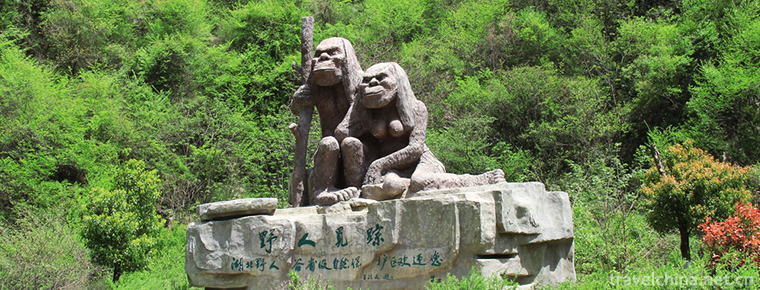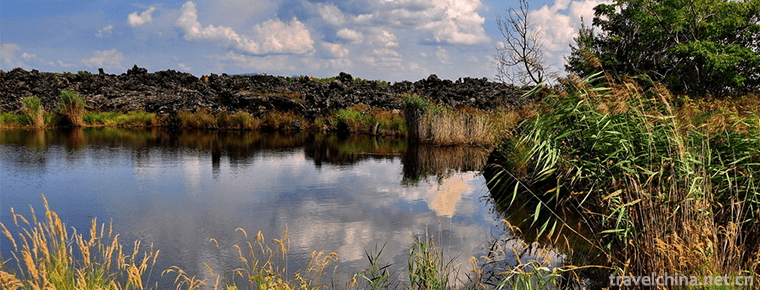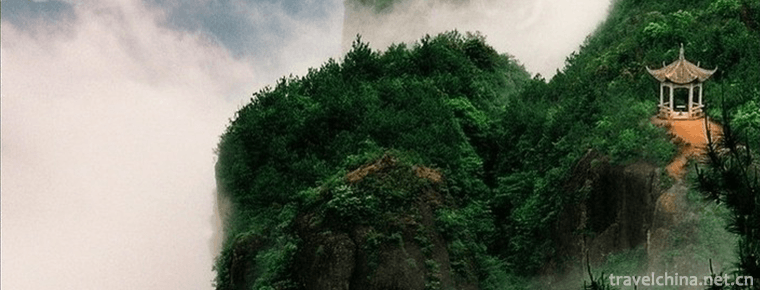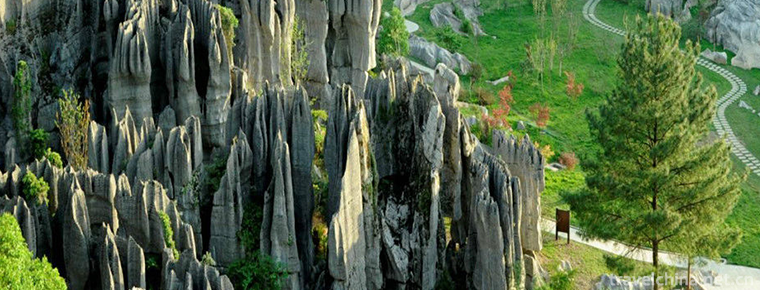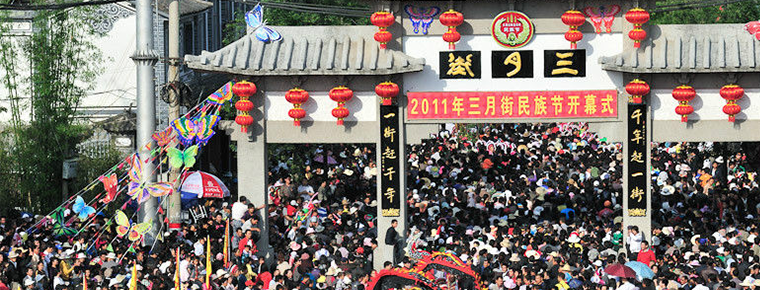chanting of folk tales to the accompaniment of bamboo percussion instruments
chanting of folk tales to the accompaniment of bamboo percussion instruments
Yugu Daoqing, also known as Bangbangqiangzi, is a kind of Han opera in Anhui Province. Beating fishing drums accompanied by singing has become a performance form of fishing drum sentiment. Fishing drums have been popular since the late Qing Dynasty and have a history of more than 100 years. Its form is to use three feet three inches long bamboo tube, covered with pig's guard leather, with wooden wooden board to beat and make rounding rap. One Person sings accompaniment, right hand beats fishing drum, left hand beats bamboo board as accompaniment. Popular in China's civil society, as a kind of Han rap art which advocates Taoism, is the way of Taoism to help the world and to spread Taoist doctrine.
brief introduction
Yugu Daoqing, also known as Bangbangqiangzi, is a kind of Han opera in Anhui Province. Beating fishing drums accompanied by singing has become a performance form of fishing drum sentiment. Fishing drums have been popular since the late Qing Dynasty and have a history of more than 100 years. Its form is to use three feet three inches long bamboo tube, covered with pig's guard leather, with wooden wooden board to beat and make rounding rap. One Person sings accompaniment, right hand beats fishing drum, left hand beats bamboo board as accompaniment. Popular in China's civil society, as a kind of Han rap art which advocates Taoism, is the way of Taoism to help the world and to spread Taoist doctrine.
Singing Form
Fishing drum is an art form for fishermen to enjoy themselves. The main form of rap is group sitting and singing. There are also singers and double singers. Music rhythm changes very flexibly, 4/4, 3/4 of the rhythm appears alternately, music is extremely unique. Its slab style includes "slow slab", "flat slab", "number slab", "three-pull-out", "rhyme", "plain white", "introduction to the stage" and "poem on the stage".
Historical Origin
"Tao Qing" is a special opera of Taikang, which originated from the song of Taoism in the late Ming and early Qing Dynasties. It was called "Yu Gu Dao Qing" in ancient times because Taoist priests sang music accompanied by fishing drums. It spread in northern Anhui in the Ming and Qing Dynasties, and formed the art of music and singing after the amalgamation of the Han folk minor "Ying Ge Liu" in Fuyang area of Anhui Province. Later Qing Dynasty (1860) It was introduced to Xihua, Qixian and Taikang from Shenqiu and Dancheng.
Taoist sentiment is popular in Chinese civil society. As a kind of Han rap art, it is a way of Taoism to help the world and spread Taoist doctrine. Based on the detailed investigation of the relevant materials in historical books and Taoist scriptures, this paper holds that Taoist sentiment had been created as early as the Five Dynasties, and Taoist priests sang Taoist sentiment in order to propagate Taoism. Taoist art is the product of Taoist folk culture. Taoist works by Taoists and literati in Song, Yuan, Ming and Qing dynasties reflect the influence of Taoism on Chinese popular literature and the dominant position of Taoism in Chinese Han belief system.
The fishing drum is a form of plate and chamber quyi. It originated from the late Qianlong period of the Qing Dynasty. It was taught by a fishing drum artist who lived in a salt depression area due to famine. After that, he constantly absorbed the nutrition and essence of local folk songs, and gradually developed into a fast-paced, tunic and comfortable local flavor. Special music is one of 26 kinds of music in China.
In 2011, it was selected as the third batch of national intangible cultural heritage list.
Inheritance Significance
Yugudao opera is rich in repertoire, close to the people, rich in local flavor, is an ancient and rare opera. It is urgent to inherit and carry forward.
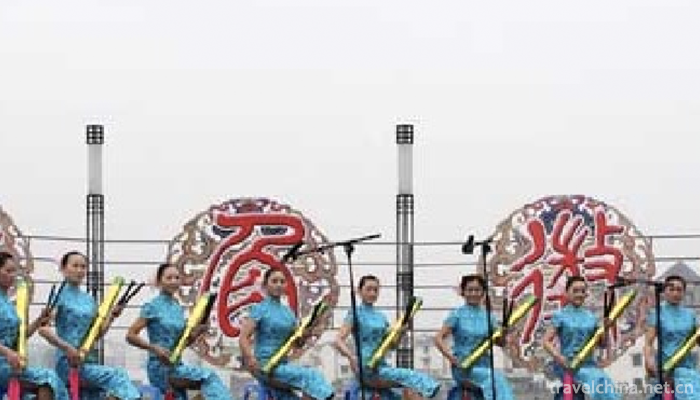
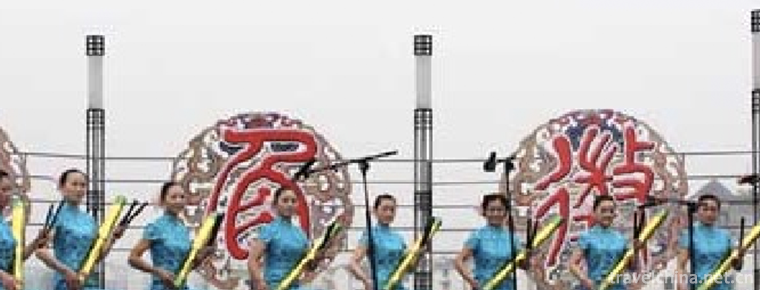
chanting of folk tales to the accompaniment of bamboo percussion instruments
-
Shennongjia Forestry DistrictHubei Shennongjia
Shennongjia Forest District, referred to as Shennongjia for short, was established in 1970 with the approval of the State Council and directly under the jurisdiction of Hubei Province.
Views: 250 Time 2018-10-28 -
Jingpo Lake
Jingbo Lake: National AAAAA-level tourist attractions, World Geopark, National Key Scenic Spots, International Ecotourism Resort, National Civilized Scenic Spots Demonstration Sites
Views: 307 Time 2018-12-05 -
ShenxianjuImmortal residence
Shenxianju, a famous ancient mountain, is also known as Weiqiang Mountain. Now it is a national 5A scenic spot. There is the title of He Shu's calyx in Qianlong period of Qing Dynasty
Views: 244 Time 2018-12-07 -
Longlishi Sea Scenic Area
Located in Shilin Town, Wansheng District, Chongqing, Longlishi Sea Scenic Area is a karst geological park type natural scenic tourist area with a planned area of 4.7 square kilometers and a distance
Views: 247 Time 2019-02-06 -
March Street Dali
"Yuejie", or March Street of Dali, also known as "Guanyin City, also known as the March Meeting of Dali, today also known as the National Day of March Street, is a grand festival and st
Views: 215 Time 2019-04-23 -
Acrobatics in Dongbeizhuang
Dongbeizhuang acrobatics is a traditional folk acrobatics in Puyang City. Dongbeizhuang, Yuecun Township in Puyang City, is a pearl in the vast plain of northern Henan Province
Views: 127 Time 2019-04-27 -
Chengdu Medical College
Chengdu Medical College is a full-time general medical college organized by the Sichuan Provincial People's Government. It is located in Chengdu, the capital of Sichuan Province. Its history can be tr
Views: 177 Time 2019-08-31 -
University Of Science And Technology Of China
University of Science & Technology China (University of Science and Technology of China) China University of science and technology Located Anhui Province Hefei City By Chinese Academy of Sciences
Views: 134 Time 2019-11-23 -
China University of Mining and Technology
China University of Mining and Technology (China University of Mining and Technology), referred to as China Mining University, is located in Jiangsu province. Xuzhou City Yes
Views: 173 Time 2019-12-19 -
Deyang climate
There are obvious differences in climate between the mountainous area in the northwest and the plain and hilly area in the southeast of Deyang City. The main climatic characteristics are: mild climate, four distinct seasons, abundant rainfall, long frost free period and obvious
Views: 90 Time 2020-12-14 -
Guangyuan Tourism
In 2018, the city has 1 AAAAA scenic spot, 19 AAAA scenic spots, 18 AAA scenic spots and 8 AA scenic spots. In the whole year, it received 50.2886 million tourists, an increase of 11.4%. The total income of the tourism industry was 41.953 billion yuan, an increase of 25.4%.
Views: 211 Time 2020-12-15 -
Guangan science and technology
In 2019, 16 new high-tech enterprises will be cultivated in Guang'an City, 107 of which will be put on record by the Ministry of science and technology. One provincial high-tech industrial park, one provincial engineering technology research center and two
Views: 356 Time 2020-12-19
